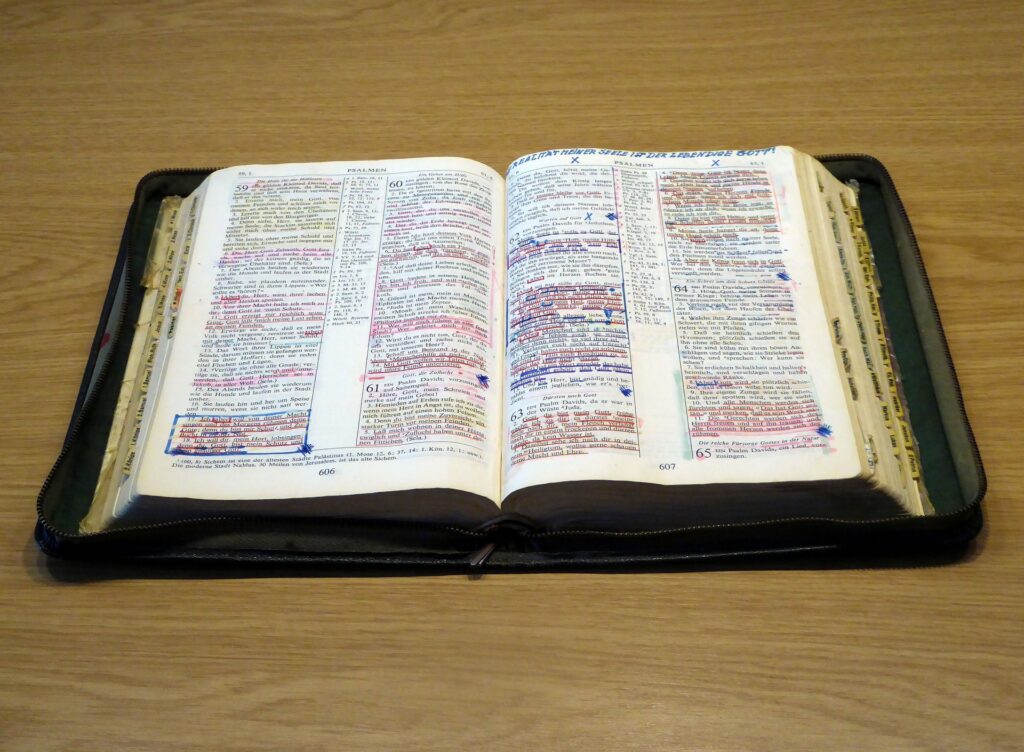
Bible Class Notes on 1 Peter 4:7 | Notes on the Petrine Epistles
Peter said that the end of all things is at hand. There are a variety of opinions about this passage.
Some claim this means that the apostles and early Christians predicted the immediate return of Christ but were mistaken. This is the view taken by several liberal theologians. However, those who defend verbal inspiration cannot accept this view.
Some also claim this means that the end came with the establishment of Christ’s kingdom. This would mean that the “end” Peter was expecting was the establishment of the church. This view fails for an obvious reason—Peter says that the end of all things is at hand, not that the end of all things has come. It would also be difficult to see how that the end of all things could be realized in the establishment of the church.
Some also claim that we must understand this statement on God’s time, not man’s time. “With the Lord one day is as a thousand years, and a thousand years as one day” (2 Pet 3:8). This view claims that we must understand “near” or “at hand” in view of this. God doesn’t view time as mortals do. Therefore, when God says that the Second Advent is “at hand,” he means that this is in view of hos sees times.
However, none of these views seem to deal adequately with the text itself.
The most plausible understanding is that “at hand” means the Lord’s coming is imminent, i.e., his coming could occur at any point. The Lord’s coming could occur today or tomorrow or at any future time—there is no time that the Lord’s coming is not possible. The best commentary on this verse seems to be James 5:8: “Establish your hearts, for the coming of the Lord is at hand.” We Christians need to remember this fact—Jesus could come at any point. The only thing holding Jesus back at this point is God the Father’s will. God could decide to send Jesus back to this earth at any point.
Because of the Lord’s imminent coming, we have ethical responsibilities. This only makes logical sense. Since the Lord could come at any point, we need to live lives which will honor him. We do not want to be caught with our “guard down” when he returns.
This passage talks about the ethical implications of Jesus’s Second Coming—we are to be sane and sober for our prayers. “Sane” here carries the idea of being level-headed about oneself. Since Jesus could come at any point, there might have been a tendency on the part of some Christians not to fulfill their earthly obligations (indeed, we see this on the part of some cults). Although the Lord may come very near in the future, we Christians still have the responsibility to fulfill our present obligations. “To aspire to live quietly, to mind your own affairs, and to work with your hands, as we charged you” (1 Thess 4:11). “Not to be quickly shaken in mind or excited, either by spirit or by word, or by letter purporting to be from us, to the effect that the day of the Lord has come” (2 Thess 2:2).
This Bible class was originally taught by Dr. Justin Imel, Sr., at the Owingsville church of Christ in Owingsville, Kentucky.





